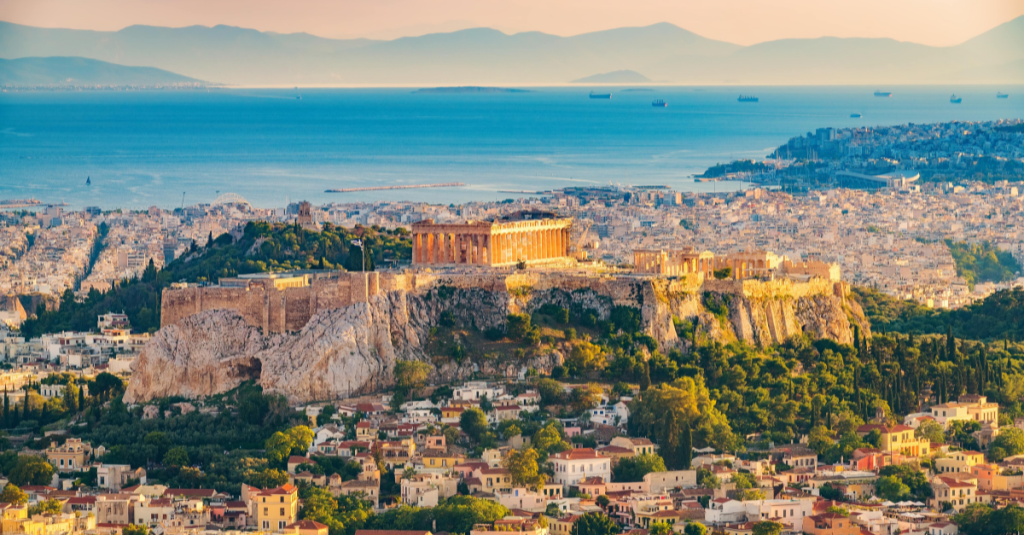Planet Holidays aligns with the Greek Prime Minister’s ambition to establish Greece as a year-round tourism destination.
By advocating for a broader tourism season, the aim is to leverage cultural attractions while bolstering economic and environmental benefits.
Vision for Year-Round Tourism
Greece’s Prime Minister, Kyriakos Mitsotakis, envisions a thriving tourism sector extending beyond the traditional summer months, emphasising the richness of the nation’s cultural heritage. He articulated this vision at an EU tourism summit, highlighting how such an approach could enhance visitor experiences while benefiting both the economy and the environment.
Mitsotakis stressed the need to leverage Greece’s cultural landmarks, arguing that a more evenly distributed tourism calendar would attract a diverse audience. Currently, 30-32 million tourists visit annually, primarily for the summer season.
Planet Holidays’ Endorsement
Supporting this vision, Harry Kyrillou, director of Planet Holidays, pledges the organisation’s continued backing for year-round tourism initiatives. Planet Holidays has long advocated for this by promoting major destinations such as Athens throughout the year.
Kyrillou remarked, “We have expanded our offerings over the past decade to include Thessaloniki, Heraklion in Crete, and Rhodes Town in Rhodes, ensuring that even during winter, regions with open hotels remain attractive to visitors.”
Cultural and Economic Benefits
Year-round tourism presents significant opportunities for capitalising on Greece’s unique cultural and gastronomic experiences. Kyrillou identifies activities like gastronomy, cycling, hiking, and wine tours as enticing alternatives to the summer beach visits.
Fully endorsing the Prime Minister’s approach, Kyrillou believes that increased collaboration within the tourism industry could drive success. He urges hoteliers, restaurants, and local service providers to actively participate in this transformation.
According to Kyrillou, authentic local experiences will likely draw in visitors seeking to engage with the rich cultural fabric of Greece.
Challenges and Solutions
However, there are challenges to this vision, particularly on smaller and less accessible Greek islands. Developing necessary infrastructure and year-round services is crucial for success, requiring investment and innovation.
Kyrillou calls for a concerted effort to address these challenges, suggesting that government and industry collaboration is key. By working together, stakeholders can ensure that even the more remote destinations become viable options for tourists all year round.
Environmental and Economic Impact
A shift towards year-round tourism could significantly reduce the environmental impact associated with peak travel seasons. By spreading tourist visits, the pressure on natural resources and infrastructure lessens.
Kyrillou notes that fewer tourists spending more is economically advantageous. This model supports sustainable practices by lessening the adverse effects of mass tourism.
Mitsotakis also points out that this strategy provides UK tourists a broader scope of Greek experiences, further stimulating bilateral tourism ties.
Commitment to Sustainable Tourism
Planet Holidays is committed to sustainable tourism development, exemplified by their initiatives that encourage visitors to explore beyond Greece’s summer appeal.
Promoting regions with profound cultural heritage, the organisation emphasizes eco-friendly and immersive tourist experiences.
The collaboration with the Greek government signifies a forward-thinking approach, fostering long-term sustainability in tourism.
Future Prospects
The move towards a more sustainable, year-round tourism model in Greece promises numerous benefits; however, it demands a coordinated response from all stakeholders involved.
As Greece advances towards a year-round tourism model, collaborative efforts between the government and tourism stakeholders will be essential.
This approach promises not only economic gains but also a sustainable model that preserves Greece’s cultural and environmental heritage.

